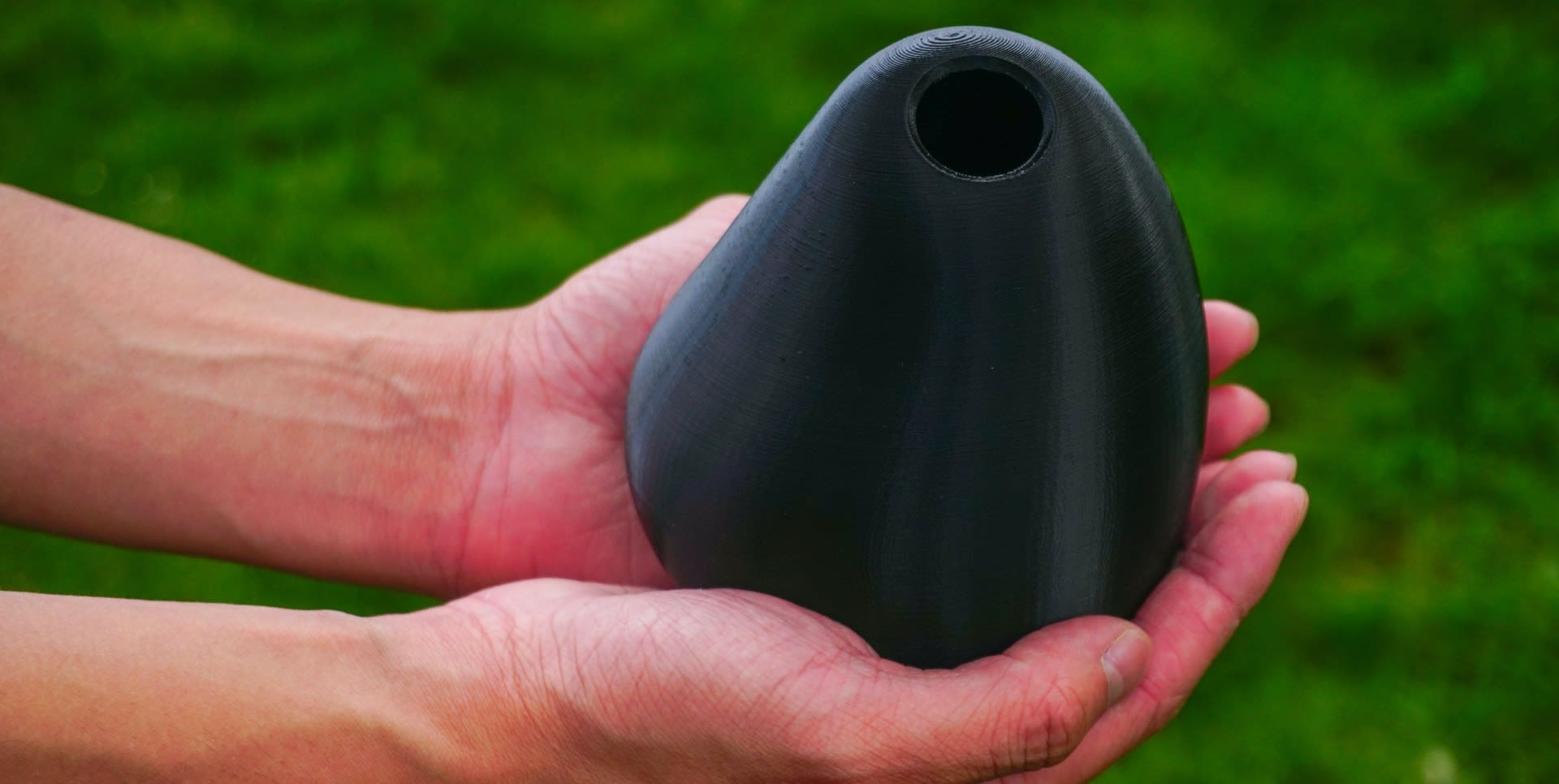Ling Qin is a cross-disciplinary researcher. During his journey in Innovation Design Engineering, he explores multi-sensory interfaces to enhance interpersonal connection, human-computer interaction, and well-being. His research work has been published in world’s top conferences and journals such as ACM CHI, HCII, and ACS AMI.
Previously, Ling graduated from the University of Nottingham with a BEng in Product Design and Manufacture. He enjoyed working with students and professionals from different backgrounds. He has collaborated internationally with Monash(2018), TAMU(2018), UAL(2020), UCL(2020),and TUM(2021) in the areas of advanced material fabrication, Human-computer/machine interaction, art installations, and virtual reality.


![[untitled]](https://res.cloudinary.com/rca2020/image/upload/f_auto,h_1080,w_1920,c_fill,g_auto,q_auto/v1/rca2021/60c5371ca98c7847e51f5400-962472?_a=AXAH4S10)
![[untitled]](https://res.cloudinary.com/rca2020/image/upload/f_auto,h_1080,w_1920,c_fill,g_auto,q_auto/v1/rca2021/60c538a3a98c7847e521c5a3-912574?_a=AXAH4S10)
![[untitled]](https://res.cloudinary.com/rca2020/image/upload/f_auto,h_1080,w_1920,c_fill,g_auto,q_auto/v1/rca2021/60c538a3a98c7847e521c5a3-928633?_a=AXAH4S10)